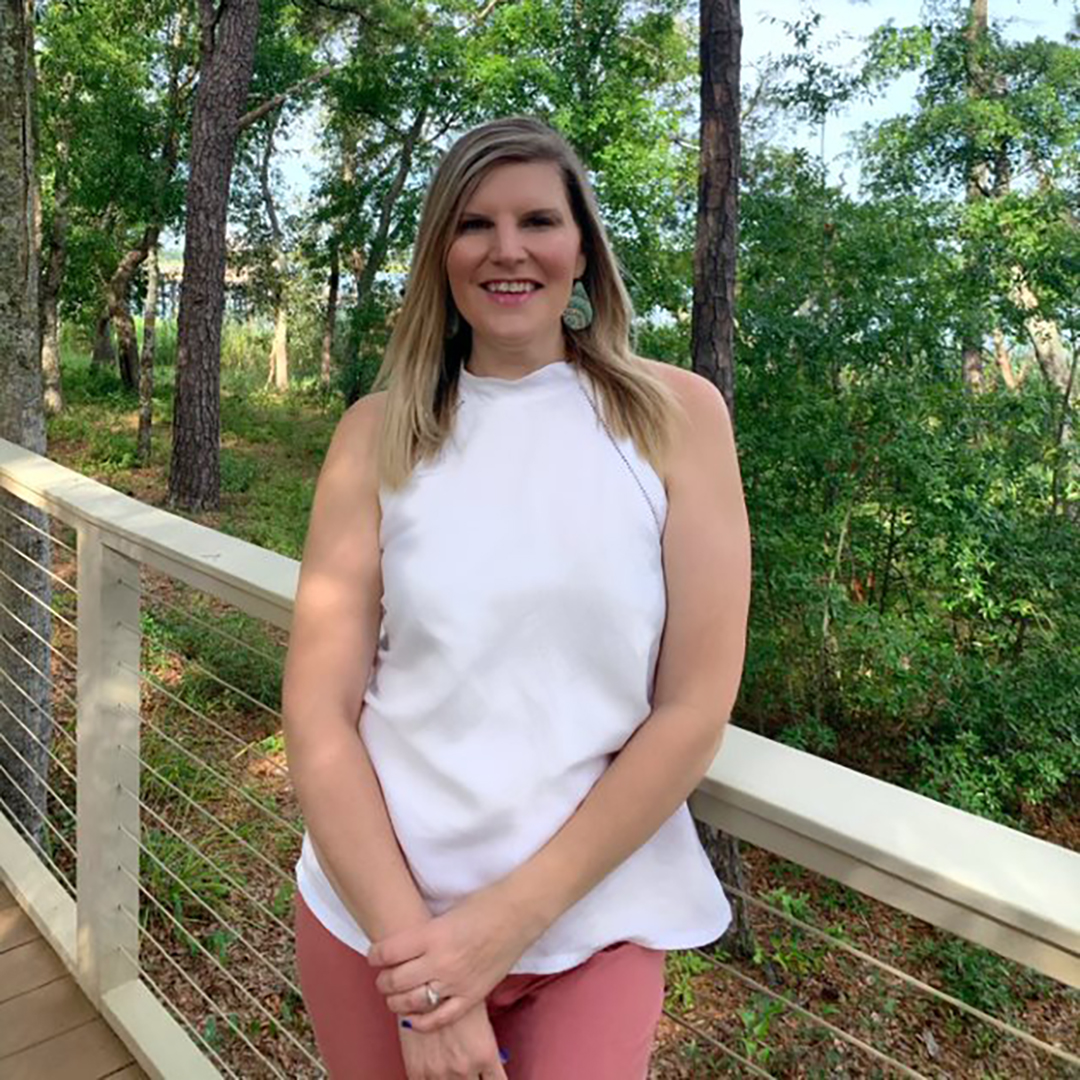Money matters: Standing strong against scams

Staying savvy about common scams can save older adults money; according to officials from Commonwealth Financial Network, the average loss per victim is more than $18,000. (iStock.com/katleho Seisa)
Money Matters is a monthly column exploring pertinent financial issues for older adults in or near retirement. In this installment, columnist Jenny Callison shares tips on how to stay savvy when it comes to the prolific scams that target older adults.
These days, it’s no secret to anyone with a phone or computer that attempts to scam them are everywhere. What may come as a surprise is just how much money is extracted from victims through fraud or financial exploitation each year. A significant portion of those victims are over the age of 60.
At a Feb. 28 presentation hosted by Pathfinder Wealth Consulting, fraud investor protection officials from Commonwealth Financial Network shared statistics on senior citizen fraud from recent years. In 2017, losses reported from victims aged 60 or older totaled about $350 million; by 2021, that total rose to $1.7 billion. The average financial loss per victim was more than $18,000.
And those numbers are likely low, since many victims do not report fraud, said Bismarck Prado.
Prado and his colleague George Baguidy explained that older adults can be exploited by family members, caregivers, imposters or complete strangers. The elderly are prime targets because they often have attractive assets, they may be isolated from family and friends, they may not be familiar with technology, they may rely on others for their well-being, and they may be experiencing declining physical or mental abilities.
The types of scams are numerous, and new ones surface regularly, Prado said. They include:
- Government imposters: the victim is contacted by someone pretending to be an agent of the IRS, Social Security Administration or other agency, telling the victim he or she owes money and must pay up.
- Romance: fraudsters on dating apps pose as a possible romantic partner but have just had an unfortunate situation and need money, or they need travel money to visit their new love.
- Lottery and sweepstakes: the victim is told he or she is a winner, but must send a fee or pay the taxes on the winnings upfront.
- Home repair: people posing as roofers or other maintenance professionals point to a “problem” and require payment in advance of doing the work, which never gets done.
- Tech and customer support: a pop-up or lock-down message appears on the victim’s computer screen, with a number to call to fix the “problem.”
“If you receive a suspicious pop-up or lock on your computer, disconnect from the Internet immediately and turn off your device,” Baguidy advised. “Be cautious of unsolicited offers. Don’t open emails or click on attachments you don’t recognize. And order a copy of your credit report once a year. Make sure your computer antivirus and security software is up to date.”
A relatively recent scam targets owners of timeshares. These frauds are perpetrated by scammers who create a legitimate-looking website and a network of fraudulent escrow agents and title companies. The victim is told someone wants to buy his unwanted timeshare, or that the caller can liquidate unwanted timeshare obligations. But there will be “taxes” and “fees” that must be paid in advance. The documents may look very legitimate, said Prado, but they are designed to confuse the victim. There may be a second ask to cover “unforeseen expenses.” In the end, the victim still has the timeshare and is out hundreds or thousands of dollars.
Baguidy urged his listeners to never give out their name and address in combination with a driver’s license number or Social Security number, unless it is to someone they know and trust – and for a valid reason. Scammers armed with such information can do a lot of damage.
He encouraged people to establish what he called a trusted point of contact and notify their bank and investment adviser to contact that person if they themselves are unavailable or incapacitated. That trusted point of contact can be an attorney or accountant or another trusted individual.
Making estate plans is another way to minimize fraud, Baguidy continued. Those plans include establishing a Power of Attorney for financial and health care decisions as well as setting up trusts, wills and beneficiary designations.
Most importantly, the two men said, report the fraud or attempted fraud immediately to your bank, your investment adviser and the credit bureaus. Provide the Federal Trade Commission, the National Elder Fraud Hotline, and the FBI with the information.
Two Medicare fraud-fighting North Carolina state employees had similar messages. Stephanie Bias and John Maron, who work with the N.C. Senior Medicare Patrol (NCSMP) urge Medicare recipients to be on the alert for bogus charges or just plain mistakes on their insurance statements each month.
“There was $68 billion lost to Medicare because of fraud last year,” Bias said. “Fraud is a threat to the solvency of Medicare. Open your statements from Medicare or other insurance and check them for accuracy. When you go to the doctor, write down what he has done, and then review that and check it against your insurance statement.”
Bias, who works in the N.C. Department of Insurance and heads up the NCSMP, said that there is always a right to appeal incorrect charges, and a phone call to her office will enlist help in disputing charges.
If you, the Medicare recipient, get a suspicious phone call from a doctor’s office, don’t answer it. Instead, call your doctor’s office and see if someone tried to reach you, Bias continued.
She also warned about plastic or laminated “Medicare” cards.
“Medicare and Social Security don’t issue plastic cards, so if you receive one, report it to the Department of Insurance,” she said. “Don’t ever laminate one of these cards because there are special fibers in the card paper that these agencies can use to determine if the card is legitimate.”
Maron, who works in the N.C. Secretary of State’s office, said this law-enforcement arm of state government is a resource people can use to check on anyone with whom they are doing business.
“It doesn’t matter where the individual is: if they are doing business in North Carolina, they must be registered and licensed in the state,” he said. “Pick up the phone and call our 800 number. If they are not registered, run – don’t walk – away.”
Maron also cautioned against investing in anything, except savings accounts and bonds, that guarantees a specific rate of return.
“Investing is a business decision,” he said. “Treat it as a business decision, and remember that risk and reward go hand in hand.”
Maron, along with New Hanover County District Attorney Ben David, cited an uptick in “spoofing” phone calls and emails, in which a stranger uses a name or phone number that may look familiar to the recipient. Because people with significant assets are moving to this area, spoofers have more targets.
“The [New Hanover County] Sheriff’s office is getting spoofed; we’ve had people showing up at the courthouse to pay off debts they supposedly owed after they got a spoofed phone call. Other people are getting ‘subpoenas’ from me, from Ed McMahon, from Judge Corpening. These are bogus.
“Don’t be ashamed if you are the victim of fraud,” David said. “‘Me too’ cases can lead to convictions. It’s essential that you come forward.”














